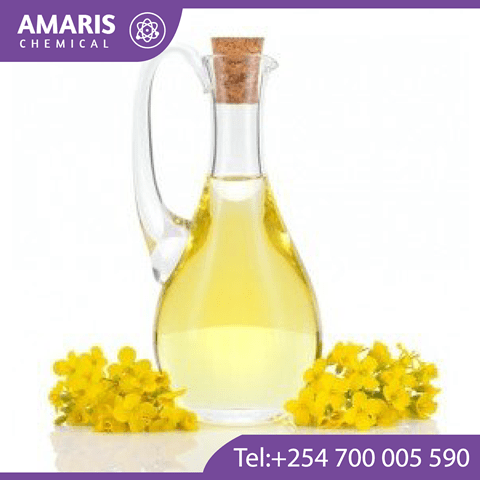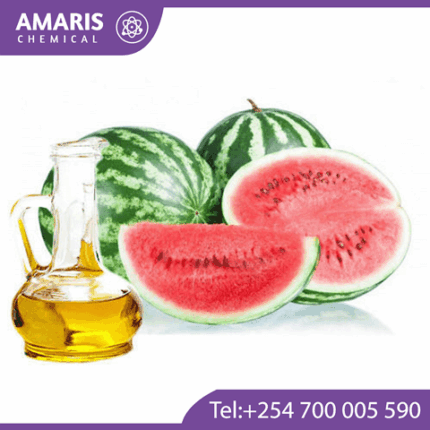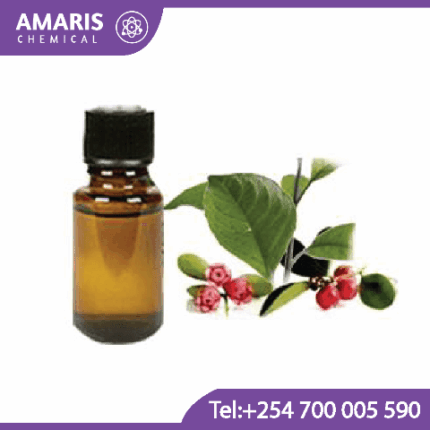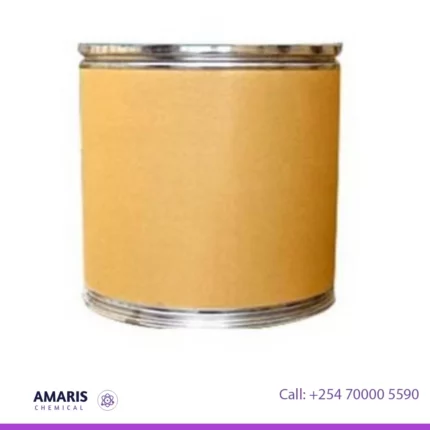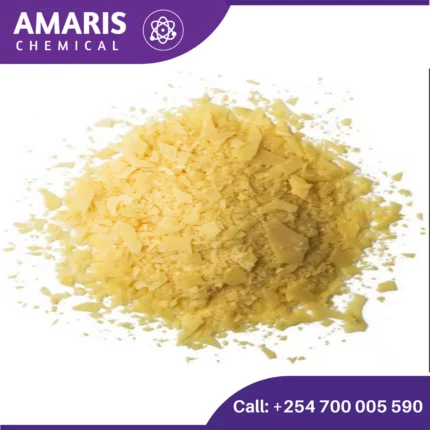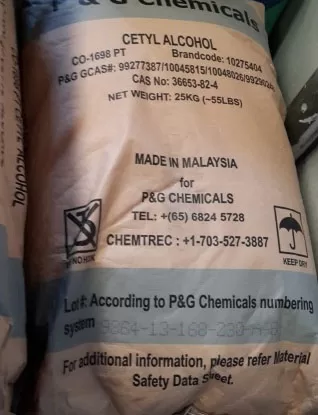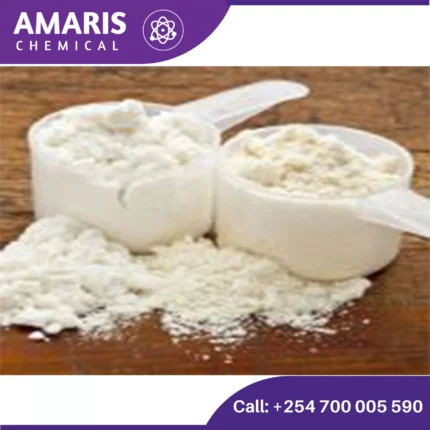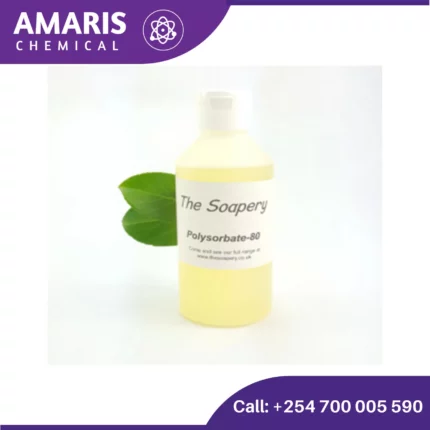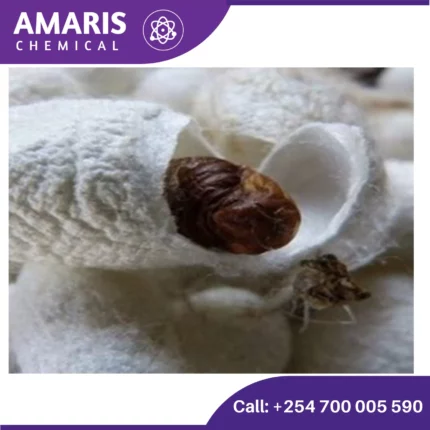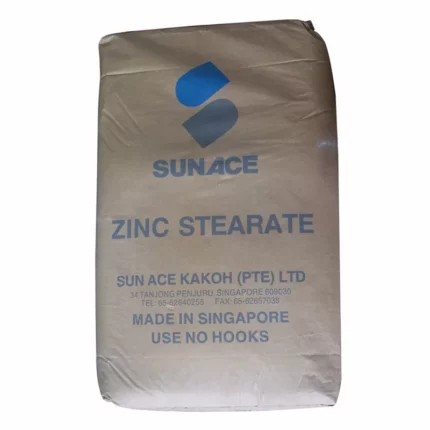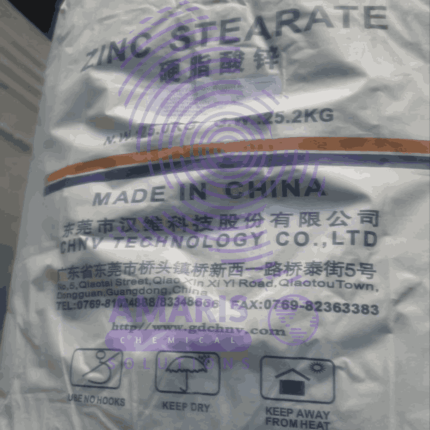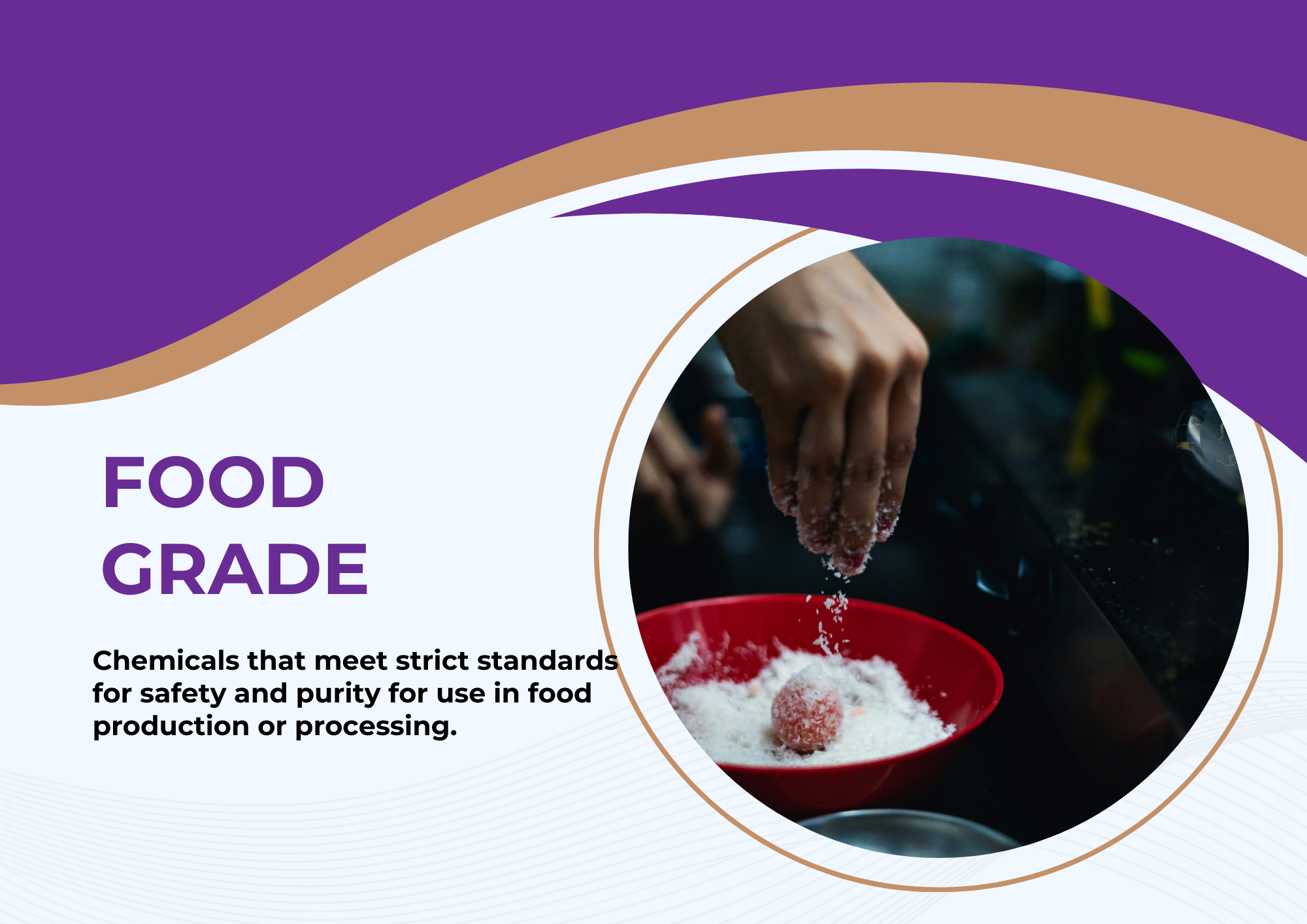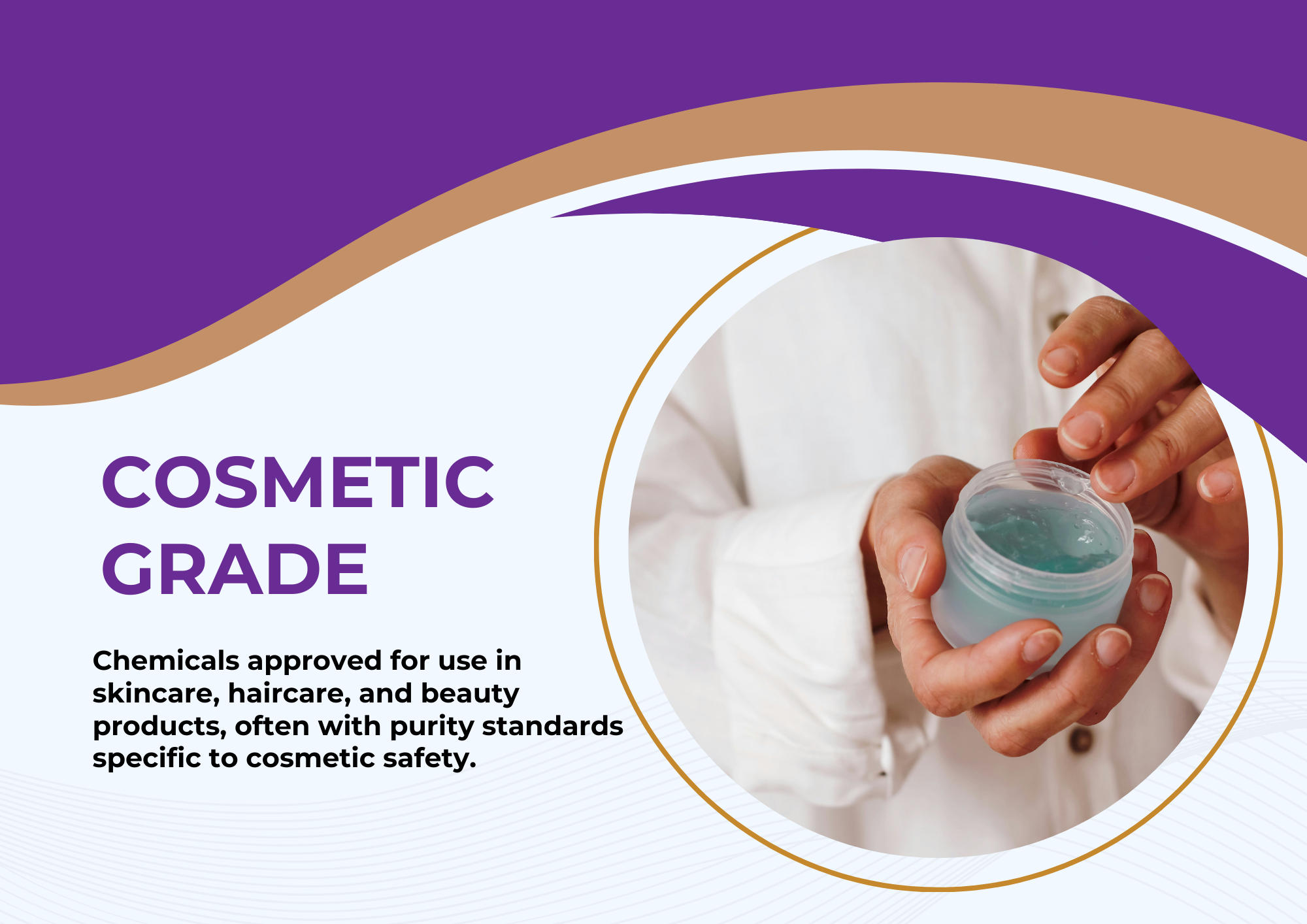“Silicon emulsion” has been added to your cart. View cart
“Silicon emulsion” has been added to your cart. View cart
Shipping & Delivery
Related products
Ammonium Lactate
Ammonium lactate is a combination of lactic acid and ammonium hydroxide. It's commonly used as a moisturizer to treat dry, scaly, itchy skin conditions, such as ichthyosis vulgaris and xerosis. The lactic acid component helps to exfoliate dead skin cells, while the ammonium hydroxide component helps to moisturize and soften the skin. It's available in various forms, including lotions and creams, and typically requires a doctor's prescription for use.
Carnauba wax
Carnauba wax is a natural wax derived from the leaves of the carnauba palm (Copernicia prunifera), which is native to northeastern Brazil. Known as the "queen of waxes," carnauba wax is highly valued for its hardness, high melting point, and glossy finish. Here are some key points about carnauba wax:
Properties
- Appearance: It comes in flakes or powder and is typically light yellow to brownish in color.
- Melting Point: It has a high melting point of about 82-86°C (180-187°F), making it one of the hardest natural waxes.
- Composition: It is composed of esters, fatty acids, and alcohols, which contribute to its hardness and water-resistant properties.
Cetyl alcohol
Cetyl alcohol is a fatty alcohol with the chemical formula CH3(CH2)15OH. It is a waxy substance that is used in a variety of industries, including cosmetics, personal care products, and pharmaceuticals. Cetyl alcohol is commonly derived from vegetable oils such as coconut or palm oil, and is often used as an emulsifier, thickener, or lubricant in formulations such as lotions, creams, and ointments. It is also sometimes used as a surfactant, meaning it helps to dissolve other substances and improve their absorption.
Fish Collagen
KSh0.01
Fish collagen is a natural protein extracted from the skin, scales, and bones of fish, primarily from species like cod, salmon, and tilapia. It is renowned for its high bioavailability, meaning it can be easily absorbed and utilized by the body. Fish collagen is composed of amino acids, including glycine, proline, and hydroxyproline, which are crucial for maintaining the structural integrity and elasticity of various tissues, including the skin, joints, bones, and blood vessels.
One of the distinguishing features of fish collagen is its smaller molecular size compared to other collagen types, such as bovine or porcine collagen. This smaller size enhances its ability to penetrate the skin and be effectively absorbed by the body. Fish collagen is also rich in type I collagen, which is the most abundant collagen type found in humans and plays a vital role in supporting skin elasticity and firmness.
Fish collagen has gained popularity in skincare and beauty products due to its ability to promote skin hydration, reduce the appearance of wrinkles and fine lines, and improve overall skin texture. It is believed to stimulate the body's natural collagen production and protect existing collagen from degradation, thereby supporting a more youthful and vibrant complexion.
Furthermore, fish collagen is known to support joint health by promoting cartilage regeneration and reducing joint stiffness and discomfort. It has been studied for its potential benefits in managing conditions such as osteoarthritis and rheumatoid arthritis, where collagen depletion and joint deterioration are major concerns.
In summary, fish collagen is a valuable protein source derived from fish, offering notable advantages in terms of bioavailability, skin rejuvenation, and joint support. Its unique composition and properties make it a sought-after ingredient in various cosmetic, nutraceutical, and medical applications.
Stearic Acid (Triple Pressed) 25kg
Stearic acid is a saturated fatty acid with the chemical formula C18H36O2. It is a solid, waxy substance that is odorless and tasteless. Stearic acid is commonly found in natural fats and oils, such as animal fats (beef, pork, and chicken) and vegetable oils (such as coconut oil, palm oil, and shea butter).
Stearic acid is widely used in various industries and applications. In the food industry, it serves as a food additive and is commonly used as a thickener, emulsifier, and stabilizer. It can be found in a variety of food products, including baked goods, confectionery, margarine, and chocolate.
Outside of the food industry, stearic acid has many applications. It is used in the production of candles, cosmetics, soaps, detergents, and lubricants. It is also utilized as a coating for pills and tablets in the pharmaceutical industry.
From a chemical perspective, stearic acid belongs to the class of fatty acids, which are long-chain carboxylic acids. It is called a saturated fatty acid because its carbon chain is fully saturated with hydrogen atoms, meaning it does not contain any carbon-carbon double bonds. This saturation gives stearic acid its solid form at room temperature and makes it less prone to rancidity compared to unsaturated fats.
Overall, stearic acid is a versatile compound with various industrial applications, primarily as a thickener, emulsifier, stabilizer, and lubricant.
Zinc stearate 25kg
Zinc stearate is an inorganic compound composed of zinc and stearic acid. It is a fine, white powder that is insoluble in water. Zinc stearate is primarily used as a lubricant, release agent, and stabilizer in various industries, including plastics, rubber, cosmetics, and pharmaceuticals. It has excellent hydrophobic properties, which make it effective in preventing the sticking or adhesion of materials during processing or manufacturing. Zinc stearate is also used as a thickening agent, emulsion stabilizer, and anti-caking agent in certain applications.

